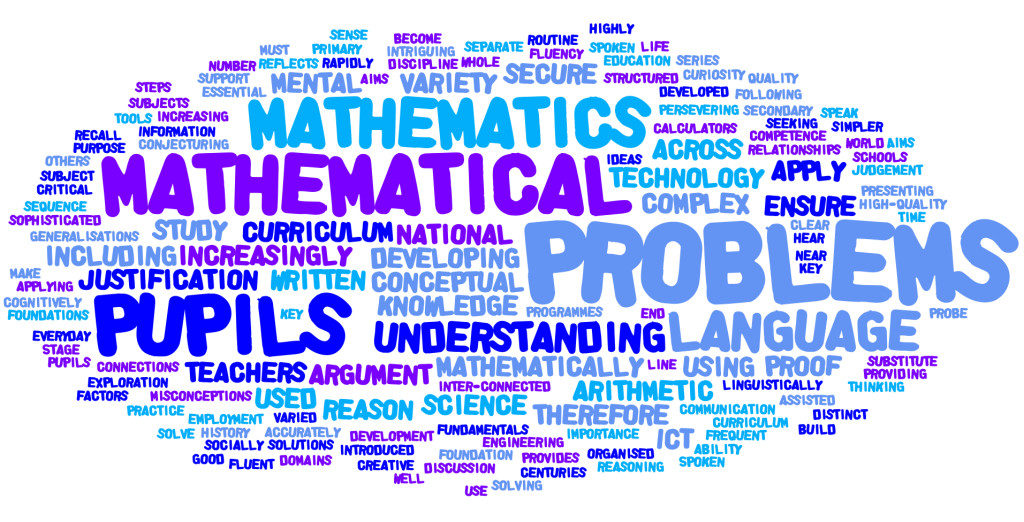5 March 2020

WoW: conformity
Communication Focuses
READING
- Reading Widely
- Reading for pleasure
WRITING
- Spelling of subject-specific vocabulary (tier 3)
- Use of WAGOLLs to scaffold (visualisers, mini-whiteboards)
ORACY
- Purposeful and structured communication with others
Teaching and Learning Priorities
- Climate for learning(DMC) – working with NQTs and RQTs
- Vocabulary (ACH) – Middle leaders working on this at present
- Purposeful Interactions by all (CRO) – working with NQTs and RQTs
This Week:
- Monday afternoon and Friday morning – C Morris and RLO around school (climate for learning).
- Trainees – meetings Tuesday 1 (9:15) and Wednesday 1 (9.15).
- CPD on Wednesday at 3:15 (R. Sweeney to lead)
- NQTs – JMJ Tuesday 3; RHU – period 4
- Pastries and Progress next Wednesday – SLT to cover duties. JGA to provide input on Reciprocal Reading (thanks in advance).
- Heads up! Open Door Week – next week! Ask a colleague if you can drop in…or invite someone in. Be brave.
Reflect on Your Practice:
Teaching and Learning Policy: Feedback – Plan - Teach
As we continue to walk-through our Teaching and Learning Policy (Feedback – Plan – Teach), this week, we consider the ‘Teach’ element. This is what our policy says about ‘numeracy’.
Numeracy
We are all teachers of numeracy. Numeracy includes significant aspects of what is taught in mathematics but also include the ability to use numbers and solve problems in other subjects and in real life.
A strong mathematical grounding is beneficial for a wide range of subjects, including the STEM subjects (Science, Technology, Engineering and Mathematics) but also geography, computing, art, PE and so on.
When you are teaching something numeracy related, you should make it explicit that you are doing so, to enable students to see the relationship between subjects.
|
Numeracy Includes: |
|
|
|
|
Reasoning |
Problem solving |
Decision making |
Use of space |
|
Measures |
Calculations |
Data handling |
|
…as well as anything else which is taught within the mathematics curriculum.
Teacher-Talk
There are always certain ‘buzz words’ surrounding education. Those of the moment are pasted below. Significantly, Ofsted inspectors will expect us to know (and use) these words in our conversations with them. Test yourself…which ones do you know?
|
Term |
Definition |
Further Reading/CPD |
|
Class Feedback |
Instead of marking every book closely and writing individual comments on every book, teachers read every book and only make the minimum number of interventions. Feedback is then provided on a proforma to the class. |
|
|
Concrete Examples |
The teacher introduces concrete examples and then sets up opportunities for learners to practise using concrete examples as part of spaced practice. |
|
|
Dual Coding |
The teacher teaches learners how to combine verbal materials with visual materials as an effective way to study |
|
|
Elaborative Interrogation |
The teacher introduces Elaborative Interrogation then uses specific methods as part of Spaced Practice in class. |
|
|
Interleaving |
Combined with spaced practice, the teacher can use interleaving to return to previously learnt topics in a structured way. |
|
|
Live Marking |
This is sitting with a student and talking through a piece of work, celebrating good work and identifying areas for improvement. It is a verbal dialogue. |
https://www.sec-ed.co.uk/best-practice/case-study-a-marking-feedback-revolution/
|
|
Retrieval Practice |
Bringing information to mind from memory. Applying this information in new situations. |
|
|
Reciprocal Reading
|
Reciprocal reading is a structured approach to teaching strategies (questioning, clarifying, summarising and predicting) that students can use to improve their reading comprehension. |
https://educationendowmentfoundation.org.uk/projects-and-evaluation/projects/reciprocal-reading/ |
|
Spaced Practice |
When learners space their studying, they take the same amount of study time and space it across a longer period of time. |
|
|
Vocabulary Instruction |
Should provide students with opportunities for word learning by: encouraging wide reading; ... promoting word consciousness; providing explicit instruction of specific words; and. providing modelling and instruction in independent word-learning strategies.
|
Top Tip Schedule
Subject Heads, please ensure that someone from your department is ready to share a ‘Top Tip’ on the designated date.
|
2/03/2020 |
The Arts |
|
*9/03/2020 |
Pastries and Progress - WEDS Reciprocal Reading JGA |
|
16/03/2020 |
FRI - Pastoral – PCs Open Door Week |
|
23/03/2020 |
English |
|
30/03/2020 |
Drama |
CPD Cascade
Study Groups 2019-20
A reminder of the key focuses within departments:
- Expressive Arts – improving engagement in Year 9
- Computing – Developing the use of Teams to allow learning beyond the classroom
- Mathematics – recall and retention
- Art – Engagement of boys
- English – use of knowledge organisers
- MFL – Speaking examination – extended pupil responses; Listening and reading: developing confidence
- Humanities - progress of middle attaining boys
- PE – Link between theory at KS3 and KS4
- Technology – Developing the use of homework at KS3 to prepare students for KS4 course
- Science – personalised learning plans for each student in each science.
CPD Audit
Many thanks for taking the time to complete the CPD audit. Feedback will follow shortly.
Next Week…
…is Open Door Week – I know that many of us are yet to embrace this (whether that is down to time or feeling embarrassed about walking in to another person’s classroom). Please have courage and drop in on someone. You will be inspired. To make it easier, ask someone if it is okay for you to drop in.
Posted by Rachel Long
Category: Teaching and Learning Digests
